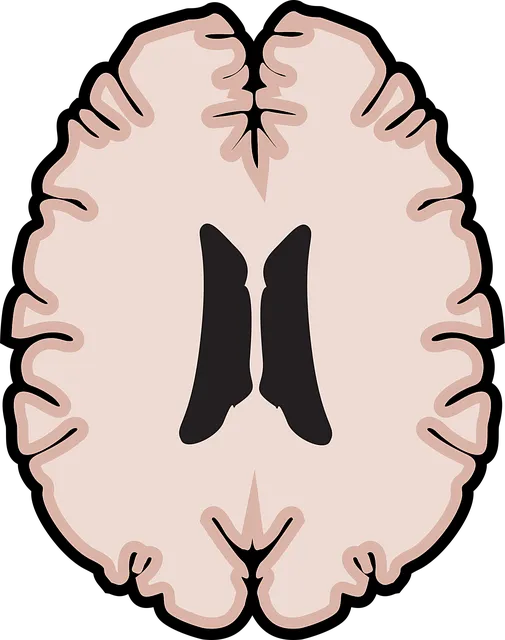Kaiser Permanente behavioral health providers in Lone Tree lead mental health awareness efforts by reducing stigma through workshops, seminars, and outreach. Their initiatives promote understanding, dispel myths, and create a supportive network for those facing conditions like anxiety and burnout, ensuring judgment-free care and enhanced public empathy.
Mental illness stigma remains a significant barrier to seeking treatment, but efforts to reduce it are gaining momentum. This article explores three diverse initiatives aimed at destigmatizing mental health issues. We delve into Kaiser Permanente’s educational role in understanding stigma and empowering communities through programs like those in Lone Tree. Additionally, we highlight the advocacy efforts of behavioral health providers, dispelling myths and fostering a more supportive environment for those facing mental illness.
- Understanding Stigma: Kaiser Permanente's Role in Education
- Empowering Community Conversations: Lone Tree's Mental Health Initiatives
- Debunking Myths: Behavioral Health Providers as Advocates
Understanding Stigma: Kaiser Permanente's Role in Education

Stigma surrounding mental illness is a significant barrier to individuals seeking help and support. It often manifests as negative attitudes, stereotypes, or beliefs about people with mental health conditions, leading to discrimination and social isolation. Kaiser Permanente recognizes this challenge and takes a proactive approach to reducing stigma through education and awareness initiatives. Their behavioral health providers in Lone Tree play a pivotal role in this effort.
By organizing community workshops, seminars, and outreach programs, Kaiser Permanente aims to educate the public about mental health, dispel myths, and promote understanding. These sessions cover various topics, including stress management, anxiety relief, social skills training, and building confidence. Through interactive discussions and resource sharing, they foster an environment where individuals can openly talk about their experiences, breaking down the walls of stigma one conversation at a time.
Empowering Community Conversations: Lone Tree's Mental Health Initiatives

Lone Tree has been at the forefront of mental health awareness and stigma reduction through innovative community initiatives. Kaiser Permanente behavioral health providers in this region have actively engaged with locals, organizing workshops and support groups to foster open conversations about mental wellness. These efforts aim to destigmatize various conditions, including anxiety relief and burnout prevention strategies for healthcare providers, which are prevalent issues within the community.
By bringing together mental health professionals, local leaders, and concerned citizens, Lone Tree’s initiatives create a supportive environment where individuals can share experiences and educate others about risk management planning for mental health professionals. These collective actions have significantly contributed to increased understanding and empathy, helping to ensure that those facing mental illness receive the support and care they need without fear of judgment.
Debunking Myths: Behavioral Health Providers as Advocates

At Kaiser Permanente Lone Tree, behavioral health providers play a pivotal role in stigma reduction efforts. By dispelling common myths surrounding mental illness, they foster understanding and empathy within their communities. These advocates prioritize education as a powerful tool to combat stigma, organizing workshops, seminars, and public talks that highlight the importance of mental well-being and address misconceptions head-on.
Through personalized care plans, group therapy sessions, and accessible Self-Care Routine Development for Better Mental Health, Kaiser Permanente Lone Tree’s behavioral health providers encourage individuals to embrace mindfulness practices such as Mindfulness Meditation. Additionally, they actively participate in the development of Public Awareness Campaigns, ensuring that accurate information reaches a broader audience. This multi-faceted approach not only supports those facing mental illness but also cultivates a supportive environment where everyone can prioritize their mental health.
Mental illness stigma reduction is a collective effort that requires education, community engagement, and advocates. Organizations like Kaiser Permanente play a vital role in destigmatizing mental health through educational initiatives, while communities, such as Lone Tree, are fostering open conversations. Behavioral health providers, with their expertise, also act as powerful advocates, debunking myths and promoting understanding. By combining these efforts, we can create a more inclusive society that supports those facing mental health challenges, ensuring everyone has access to the care they need without fear of judgment.






